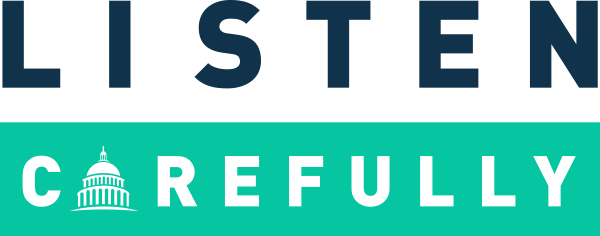30 states provide Medicaid coverage of hearing aids, another 23 states require insurance to cover some portion of hearing aid costs, and 80 percent of Medicare Advantage plans offer hearing, dental, or vision benefits. However, more can be done.
Medicare coverage for individuals aged 65 years or older and individuals with disabilities statutorily excludes dental, vision, and hearing benefits. While Medicare does cover certain hearing services – like diagnostic hearing and balance exams – the coverage does not extend to hearing evaluations for the purpose of obtaining a hearing aid. This coverage also excludes the hearing aids themselves, as well as services related to fitting or servicing hearing aids.
Though additional coverage options for hearing, dental, and vision services are increasingly offered through Medicare Advantage, an optional supplemental insurance program, America’s most vulnerable populations should have guaranteed access to these benefits if Medicare is expanded.

Individuals with untreated hearing loss incur $22,434 of additional medical costs over a 10-year period. According to the CDC, age-related hearing loss is estimated to result in a lifetime economic cost of $297,000 per affected person.

Approximately 10,000 Americans turn 65 every day and Medicare enrollment is expected to grow to 80 million by 2030 – a nearly 30 percent increase from today’s over 62 million enrollees.

Hearing loss affects approximately one in three people between the ages of 65 and 74, and nearly half of individuals over the age of 75.
Hearing aid coverage for diagnosed severe-to-profound hearing loss and hearing aid-related services.
Reimbursement for practitioners, including otolaryngologists, audiologists and hearing instrument specialists, to receive fair and reasonable payment for services related to hearing aids.
Classification of hearing aids as prosthetic devices, which allows devices to be considered for upgrades and adjustments as hearing health changes over time.
Competitive bidding exemption for professional services and hearing aids provided by qualified hearing professionals.
States with some existing hearing health coverage
States without coverage
States with some form of coverage

